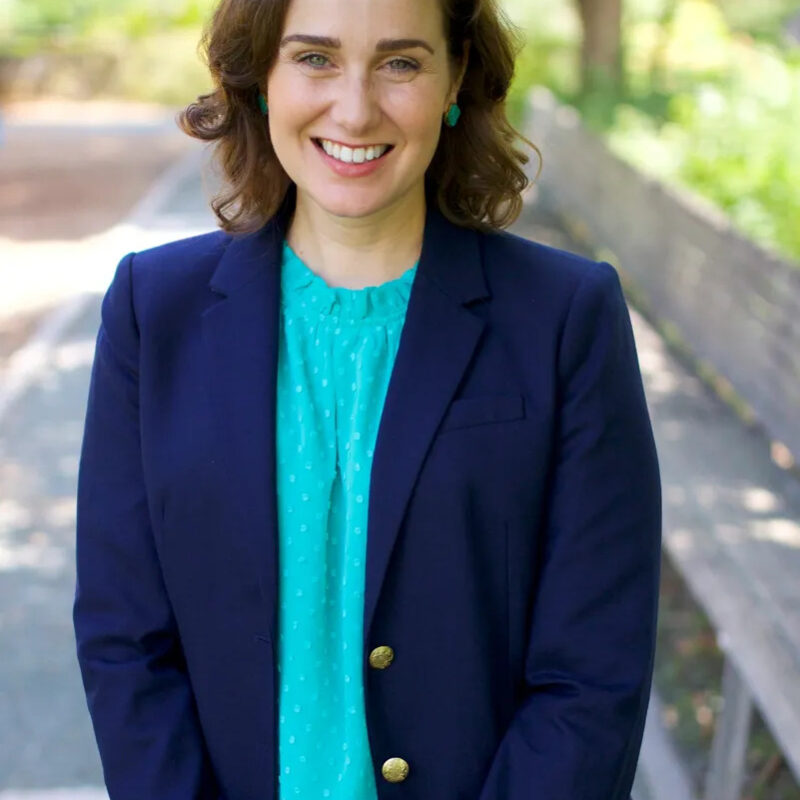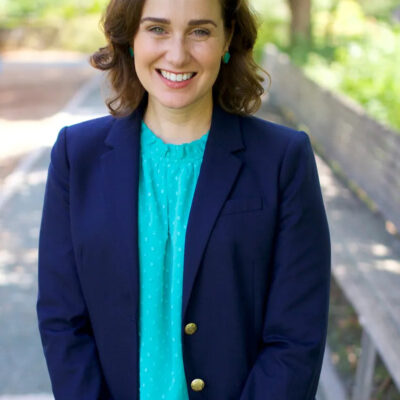The Virginia State Bar is considering getting rid of a rule that has long prevented legislators from practicing in law firms that employ lobbyists.
The Washington Post reported on February 16 that one local legislator especially has an interest in seeing the ethics rule eliminated: R. Creigh Deeds (www.creighdeeds.com), a Democratic State senator from Bath County, accepted a job in October with Richmond law firm Hirschler Fleischer (www.hf-law.com), which employs one lobbyist, according to Deeds.
Deeds, drained of $3.2 million in funds from his unsuccessful bid for attorney general in 2005, took the lawyering gig for “stability,” he says. Deeds may have another costly campaign on the horizon: He is oft-mentioned as a strong candidate for Virginia’s governor.
 Senator Creigh Deeds says he wouldn’t have taken a job with Hirschler Fleischer if he thought it was unethical. The State Bar is considering changing a rule that prohibits legislators and lobbyists from working at the same firm. |
The Post piece reads: “Pressure to eliminate the rule in Virginia was sparked in part by Sen. R. Creigh Deeds… Without the proposed change, Deeds would be violating state ethics rules.”
When called for comment, Deeds acknowledged that if the rule change doesn’t fly, he’d have to quit the firm. But he balked at the Post’s coverage: “That article insinuated and stated specifically that Hirschler Fleischer and I were advocates of the rule change,” Deeds says. “Nothing could be more false than that.”
Deeds did not write a letter to the Post to complain, but James McCauley, ethics counselor for the Virginia State Bar, did.
Though the Post has not published that letter, the Richmond Times-Dispatch published a similar note from McCauley. (The RTD wrote an editorial on the topic on February 20.)
McCauley wrote: “The issue of whether a law firm should be able to hire a lawyer who is a member of the state legislature—when that firm also performs lobbying work—is one that the Standing Committee on Legal Ethics studied for about two years before issuing its proposed draft opinion. This study was initiated by the committee on its own, and not because of any external pressure to eliminate the rule as stated in The Post.”
The State Bar issued an opinion in January, which is awaiting public comment. While some legislators have called the rule change a slippery slope, supporters say there are already laws guarding against conflicts of interest for lawyers.
Though Deeds says he hasn’t advocated for the rule change, he does support it. “You’ve already got a Conflicts of Interest Act,” Deeds says. “There are always opportunities for unethical people to do unethical things.”
A few delegates in the General Assembly, appalled by the proposed change, tried to pass a resolution preserving the ethics rule by getting it written into the Senate rules of conduct. That measure was defeated February 19.
C-VILLE welcomes news tips from readers. Send them to news@c-ville.com.





